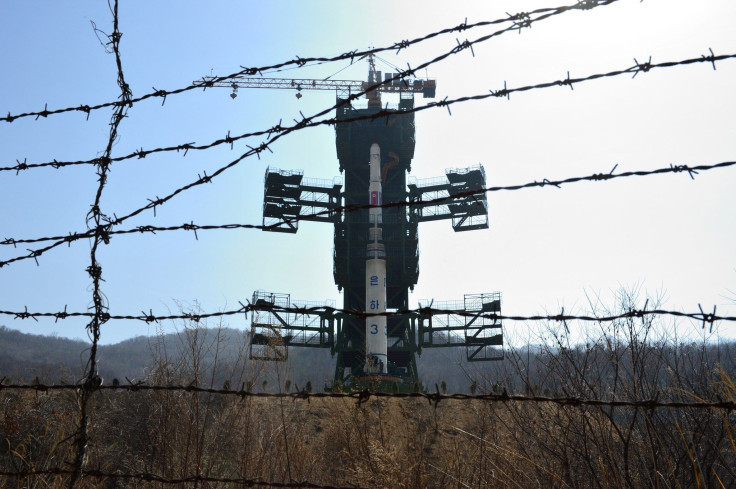South Korea To Acquire More Anti-Missile Radars, Aegis Destroyers To Counter North Korea

South Korea has unveiled plans to acquire two more ground-based anti-missile early warning radars and three Aegis-equipped destroyers as a part of its five-year defense blueprint for 2020-2024.
The announcement comes amid heightened tensions, with North Korea test-firing a series of new missiles in the past week. According to the defense ministry, the new acquisitions, which is a key part of the defense plan, will help them to efficiently detect and intercept the threat posed by North Korean missiles.
South Korea has hiked its defense budget by 7.1% for the next five year, with plans to spend 290.5 trillion won. Out of this, 103.8 trillion won would be invested on improving defense capabilities and rest will be spent on managing the forces, the ministry noted.
In order to improve its military shield, the Korea Air and Missile Defense system, the ministry has planned to acquire and deploy the two anti-missile early warning radar by next year. Seoul has also planned to build three Aegis-equipped destroyers with advanced radar systems which will begin operations by 2028. Improved version of interceptors like the Patriot Advanced Capability (PAC)-3 and Cheolmae-II missiles will be deployed to enhance interception capabilities.
The ministry further plans to acquire precision-guided missiles that can be launched from the sea, air and ground to increase its capabilities against nuclear and missile strikes. The ministry would also deploy five military satellites by 2023 to improve its surveillance and reconnaissance capabilities.
In addition to this, Seoul will be building an indigenous arsenal ship equipped with precision-guided missiles, a small aircraft carrier with F-35B fighters and 3000-tonne submarines. They are also pressing for the development of non-lethal weapons like electromagnetic pulse bombs.
These plans come at a time when North Korea has significantly modernized its conventional weapons and test-fired short-range ballistic missiles in the recent weeks after a 17-month gap. North Korea also stalled denuclearization negotiations with the U.S., escalating tensions.
The South Korean defense ministry said in a press release, "South Korea is superior to North Korea in short-range ballistic missiles qualitatively and quantitatively... We will secure ample interception capabilities against new types of ballistic missiles North Korea has recently test-fired.”
© Copyright IBTimes 2025. All rights reserved.



















